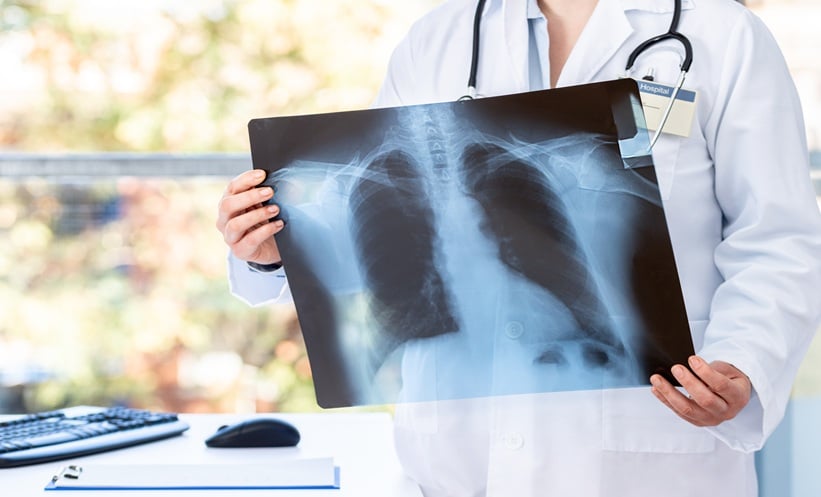A SWEEPING global study has revealed that 1 in 28 people worldwide will develop lung cancer in their lifetime, with stark disparities by region, socioeconomic development, and sex. The study highlights the urgent need for targeted interventions to address this global health threat.
Using data from 185 countries provided by GLOBOCAN 2022 and the United Nations, researchers found that the global lifetime risk of developing lung cancer in 2022 was 3.49% (1 in 28), while the risk of dying from the disease was 2.69% (1 in 37). Men were at greater risk than women, with a lifetime probability of 4.22% for development and 3.44% for death, compared to 2.68% and 1.86% for women.
The Human Development Index (HDI) also played a critical role. In areas with very high HDI, the risk of developing lung cancer reached 5.29%, compared to just 0.33% in low-HDI regions. The trend was attributed to longer life expectancies and higher access to screenings in wealthier nations.
“The results show that lung cancer is a global health crisis, but the risk varies significantly across regions, with men and those in high-HDI areas facing the greatest threat,” stated Meng Li, the study’s lead author.
Age was another important factor, with the risk of developing or dying from lung cancer remaining minimal until age 40. For individuals aged 70, the residual risk stood at 2% for development and 1.71% for death.
This study offers a comprehensive measurement of lifetime lung cancer risks, providing critical data for healthcare planning and interventions worldwide. By addressing regional and demographic disparities, policymakers and healthcare systems can better combat this global burden.
Aleksandra Zurowska, EMJ
Reference
Li M et al. Global, regional, and national lifetime risk of developing and dying from lung cancer in 2022: A population-based study in 185 countries. Chin Med J. 2024;DOI: 10.1097/CM9.0000000000003368.








